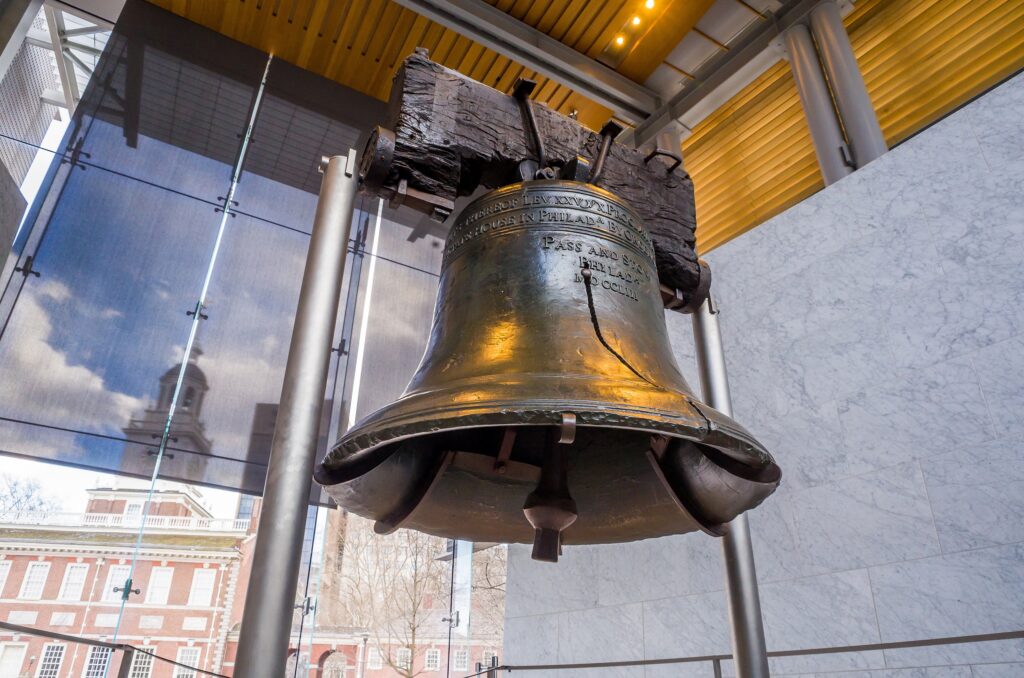Thanks to Congress, threat of crushing alcohol taxes looms
In early December, Christine Riggleman was worried that her taxes would suddenly go up by close to $10,000 per month. Other distillery owners have voiced similar concerns.
Riggleman is the owner of Silverback Distillery, located near the Blue Ridge Mountains in Afton, Virginia. For her small business, such a tax hike would be devastating. Silverback employs 31 people, and Riggleman feared she would have to let some of them go to make ends meet.
Here’s why she was so concerned: Along with other craft alcohol producers, Silverback received a welcome boost from the GOP’s 2017 tax reform bill. For the first time since the Civil War, craft distillers such as Riggleman enjoyed a reduction of over 80% on their tax burden. Craft brewers and wineries also received significant tax cuts. Yet unlike other parts of the tax bill, the alcohol excise tax cuts were set to snap back to prior levels at the start of 2020.
While Congress just reached a last-minute deal to save the tax cuts, the agreement only extends them for another year — setting up another drama-filled tax cliff next year and creating more uncertainty than ever for distillers such as Riggleman.
Although alcohol taxes might seem to be a narrow issue at first blush, the potential consequences from this impending tax hike are substantial and severe. Over the past decade, the craft beverage explosion has created some of the strongest and most consistent job growth in the country. According to Bureau of Labor Statistics data, breweries, distilleries, and wineries created the second-highest number of manufacturing jobs of any American industry in 2017, the most recent year for which data is available. In fact, the number of distilleries has increased from under 100 to over 1,500, and the number of breweries has jumped from around 2,000 to over 11,000.
Alcohol producers and related industries have provided a ready supply of careers that do not require an advanced degree. Given the emphasis on localism in the industry, many craft beverage makers also set up shop far outside populated urban enclaves, leading to robust job creation in places where it’s much needed — areas such as Appalachia and the Rust Belt. Tax policy played a crucial role in this development.
The 2017 alcohol tax cuts helped spark the industry’s growth. Beverage makers used the money they saved from lower taxes to invest in their businesses and hire more employees.
One survey by the Brewers Association found that 70% of craft brewers used their tax savings to increase productivity, while over 50% hired more employees. Riggleman, for example, used the money she saved to both hire more workers and open up a second manufacturing location. Reverting back to pre-2017 tax levels for alcohol could undo many of these gains and seriously undermine this success story.
Small brewers and distillers such as Riggleman have already warned of potential layoffs and reduced growth in the face of higher future taxes. Price changes and tax increases can dampen demand for booze and thus force producers to absorb the costs of higher taxes. In fact, thousands of these small businesses were formed after the alcohol tax cuts were implemented, which means they have never operated in an environment where their tax burden could be more than twice what it is today.
The tax cuts have also provided a welcome offset to the ongoing trade wars that have both increased aluminum prices for beer cans and led other countries to impose retaliatory tariffs on American whiskey. Combined with tariff uncertainty, new taxes could destabilize the strong growth that the industry has enjoyed over the past decade.
Given the overwhelmingly positive benefits from these tax cuts, not to mention the political popularity of cheaper booze, the push to extend the cuts has achieved bipartisan support. Legislation to make the cuts permanent has over 70 cosponsors in the Senate and over 300 in the House of Representatives. Despite this overwhelming consensus, Congress was only able to muster a mere one-year extension, which merely sets up future showdowns every December and fails to provide these small businesses with long-term certainty surrounding their tax bills.
Until Congress makes these cuts permanent, beverage makers such as Riggleman will be bracing for many more stressful holiday seasons in the years to come.
Image credit: monticello








